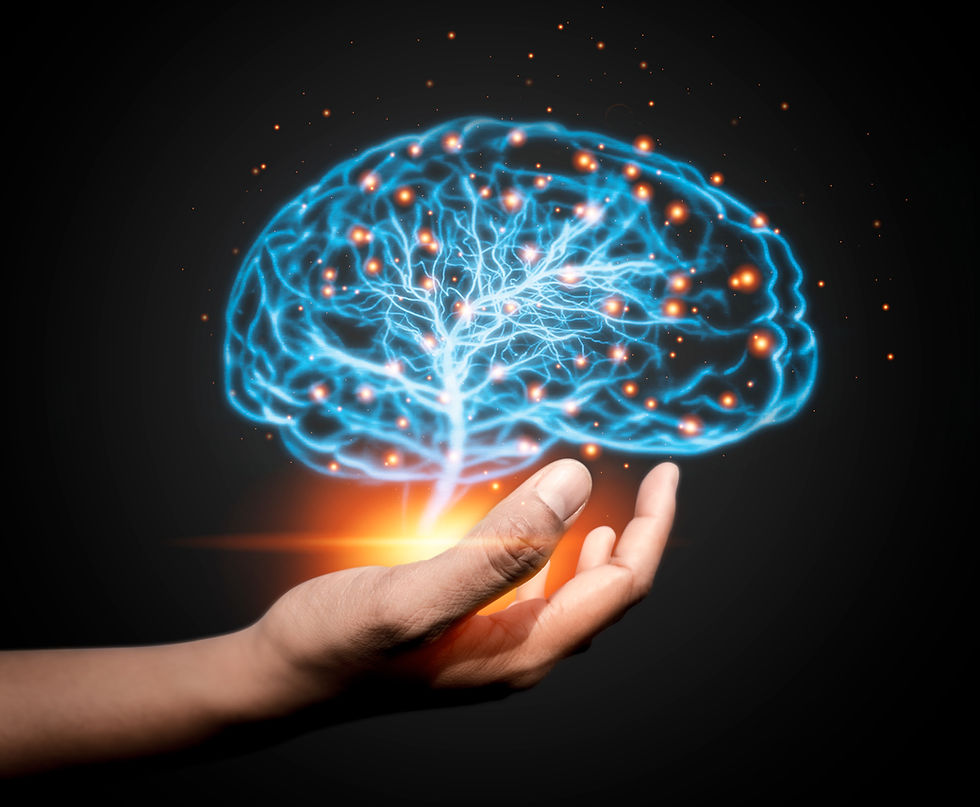How To Raise Smart, Happy Kids In A World Where So Much Can Go wrong
- Nanci Bradley
- Jun 28
- 2 min read

If we were to try to prepare our children for any possible pitfall in life, we would risk spending so much time in preparation that we could easily lose out on all the good and positive things that can happen when we stop worrying for a few minutes and start living.
At the same time, we don't want to gloss over problems and cause our children to remain naive, only to discover later that not all is nice in the world.

The solution is to teach them resilience and problem-solving skills. And to model an approach to life that focuses on the positive, even while dealing intelligently, assertively, and peacefully with the negative. These types of skills can follow young children throughout their lives, regardless of the circumstances and challenges they face.
To achieve this, we need to start early. Everything that happens in the world begins in the mind of an infant.

"It is no surprise that the early childhood years are portrayed as formative. The supporting structures of virtually every system of the human organism, from the tiniest cell to the capacity for intimate human relationships, are constructed during this age period."
-From Neurons To Neighborhoods, The National Research Council Institute of Medicine (2000)
Here are some things to focus on when teaching children during the first few years of their lives. These are the skills that translate into lifelong learning and decision-making skills.

At early childhood rocks, a nonprofit organization, parents and early childhood professionals can work together to achieve this PLAN. We need a system that works for all of us.
Now is the time to start. To continue to ignore the research and brain science that define early childhood care and education today is ludicrous. The truth is that early childhood educators and parents have been duped into believing that what we focus on and do for society doesn't matter. The shocking truth is that it does. So now what?
Instead of throwing more money at the problem, hiring more crisis counsellors, sensory integration therapists, juvenile case workers and behavior specialists, let's shift our focus to providing the best practices for children while they're still in diapers, That's right, we need to increase what we provide for infants and toddlers to see less chaotic behavior and disordered learning in preschools, kindergartens, elementary schools.
Science has already proven this.

This chart from Harvard University's Center on the Developing Child illustrates that the effort required for the brain to change increases rapidly with age, while the brain's ability to learn declines.

Yet, in the US economic world, the reality is that the younger the child, the less we tend to contribute to their care and education. Those with less experience and education typically work with infants and toddlers in many child care centers.
90% of the childcare situations in the US are mediocre to poor. That means well over half the children attending child care are not getting the opportunities they need to thrive. And well over half of the childcare teachers work in subpar situations, causing a lot of poverty and general unhappiness.
Since all of these circumstances significantly impact our children, parents and children need to work together to effect change. Here's a place to start.




Comments